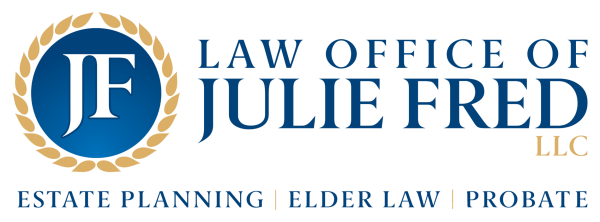Law Office of Julie Fred: Located in Mooresville, helping generations of Morgan County residents preserve their properties, protect their family legacies and care for their families.
Protecting Property, Preserving Legacies
Trusts offer many benefits to individuals who wish to protect their property, preserve family legacies and care for family members after they are gone. Trusts also may be used as a tax savings tool, allowing individuals to transfer large amounts of wealth to the next generation in the most tax-efficient manner possible.
In addition, trusts can also help avoid the probate process. Because all of the decedent’s property and financial assets are contained within the trust, beneficiaries are designated and the trust terms dictate how property is to be distributed, probate administration is unnecessary.
Protecting Family Legacies
Trusts can take many forms. When clients want to preserve family legacies, our attorneys draft trust documents that protect assets from the creditors of beneficiaries, regulate the manner in which property is used and ensure family property is properly managed for the next generation. Our attorneys also help clients create special needs trusts that allow them to provide for disabled family members without excluding them from Medicaid benefits.
Morgan County Living Trust Lawyers
Testamentary trusts — commonly written into wills — do not come into existence until after you have passed away. After your death, all of your money and property will be funneled into this trust, where the assets will be managed by a trustee for the benefit of the named beneficiaries — usually minor children.
A living trust is created during your lifetime. During this process, individuals transfer title to the properties to be included in the trust to the trustee. Individuals can either name trusted individuals as trustee or act as trustee themselves. As the trust grantor, you will also name individuals who will benefit from the trust. The trustee’s job is to manage the trust assets for the benefit of the named beneficiaries.
Living trusts can be revocable or irrevocable. While irrevocable trusts typically offer greater tax-savings benefits, revocable trusts allow grantors to retain more control over their assets. Depending on your needs and estate planning goals, we will advise you on the best form of trust.

